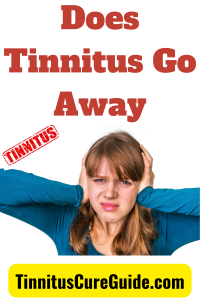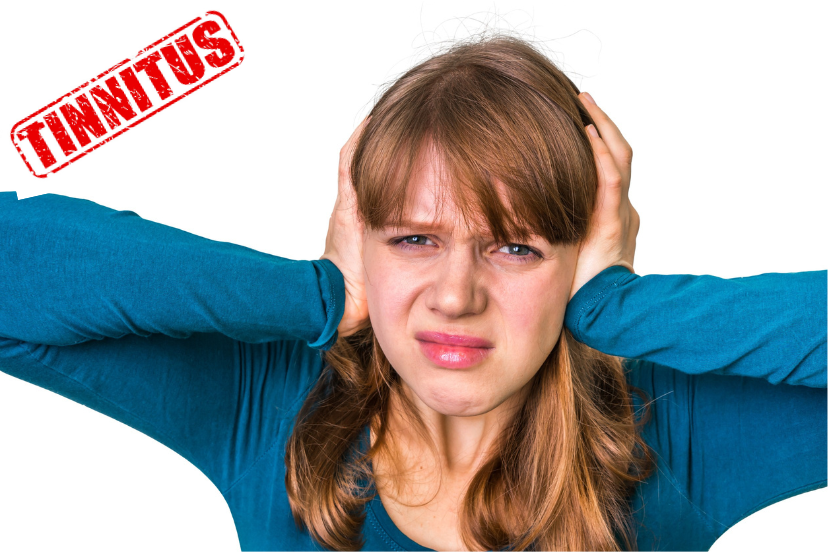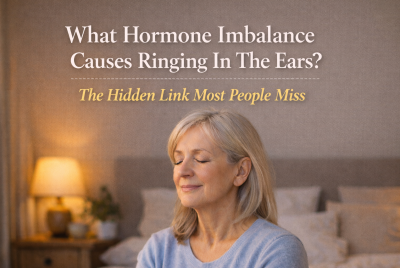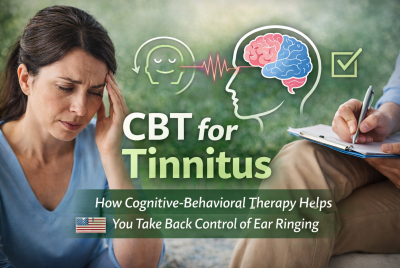Does Tinnitus Go Away? What Most People Experience Over Time
Quick Answer Intro
Hearing constant ringing, buzzing, hissing, or whooshing in your ears can feel overwhelming — especially when you don’t know if it’s temporary or permanent. Many people immediately wonder: Does tinnitus go away?
The honest answer is that it depends on the cause, your hearing health, and how your brain responds to the sound signals. Some types of tinnitus fade within days or weeks, especially if triggered by loud noise, stress, or temporary ear issues. Other types may last longer — but many people notice the sound becomes less intrusive over time as the brain adapts.
If you’re feeling anxious or frustrated, that’s completely normal. Tinnitus often feels louder and more noticeable at first. In this guide, we’ll walk through realistic timelines, why tinnitus behaves differently for different people, and what tends to help improve daily comfort and quality of life.
Quick Answer: Does Tinnitus Go Away For Most People?
• Temporary tinnitus often improves within days to weeks
• Noise-related tinnitus may fade gradually over months
• Some tinnitus becomes long-term but less noticeable over time
• Brain adaptation (habituation) helps many people cope successfully
• Early ear protection and stress management may support recovery
Why Tinnitus Happens In The First Place
Tinnitus usually starts when something changes how sound signals travel between the ear and the brain. Instead of silence, the brain fills in missing sound signals with internal noise — similar to how you might see visual patterns in darkness.
This can happen when:
• Hair cells inside the inner ear become irritated or damaged
• Hearing loss changes how sound signals reach the brain
• Stress affects how the nervous system processes sound
• Jaw or neck tension influences nearby nerves
Many people are surprised to learn that tinnitus is often more about brain signal processing than just the ear itself. That’s one reason why perception of tinnitus can change over time — even if the original trigger doesn’t fully reverse.
Types Of Tinnitus That Often Improve Over Time
Noise-Induced Tinnitus
After concerts, loud headphones, or machinery exposure, many people experience temporary ringing called a temporary threshold shift. This often improves as inner ear cells recover.
Many people notice ringing fades within:
• 24–72 hours after mild exposure
• Several days to weeks after stronger exposure
Stress-Related Tinnitus Spikes
Stress activates the nervous system and can increase tinnitus perception. Poor sleep and anxiety can amplify sound sensitivity.
The good news: when stress levels improve, tinnitus volume often decreases too.
Ear Blockage Or Wax-Related Tinnitus
Earwax buildup or temporary middle ear pressure can create internal sound sensations. Once resolved, tinnitus may disappear or reduce significantly.
When Tinnitus May Become Long-Term
Some tinnitus lasts longer, especially when linked to:
• Age-related hearing changes
• Long-term noise exposure history
• Inner ear hair cell damage
• Neurological sound processing changes
Even in these cases, many people experience reduced awareness of tinnitus over time, especially when the brain learns to filter it out.
How Long Does Tinnitus Usually Last (By Cause)
While everyone is different, common patterns include:
Short-Term (Days To Weeks)
• Loud noise exposure
• Temporary stress spikes
• Minor ear pressure issues
Medium-Term (Weeks To Months)
• Inner ear inflammation
• Sudden stress or burnout periods
• Medication side effects (sometimes reversible)
Long-Term (Months Or More)
• Hearing loss related to tinnitus
• Long-term noise damage
• Some neurological tinnitus patterns
Why Tinnitus Often Becomes Less Noticeable Over Time
One of the most important things many people learn is that tinnitus loudness and tinnitus distress are not always the same.
Through a process called habituation, the brain gradually classifies tinnitus as “background noise,” similar to how you stop noticing:
• Air conditioner hum
• Refrigerator noise
• Distant traffic sounds
Many people report that after several months:
• The sound feels less intrusive
• Emotional reaction decreases
• Sleep improves
• Focus returns
Daily Habits That May Support Tinnitus Comfort
While these don’t cure tinnitus, they may help many people manage symptoms better:
• Protect ears from loud environments
• Maintain a consistent sleep schedule
• Manage stress levels
• Stay hydrated
• Limit excessive caffeine if sensitive
• Maintain good neck and jaw posture
• Use background sound in quiet environments
Realistic Recovery Expectations
One of the biggest misconceptions is that tinnitus must fully disappear to improve quality of life.
In reality, many people experience:
• Sound staying, but distress dropping significantly
• Good days and bad days (normal pattern)
• Gradual improvement over months
• Better coping once fear decreases
A common real-life scenario:
Someone develops tinnitus after a loud event. At first, it feels overwhelming and constant. Over time, they begin noticing long periods where they forget it’s there — especially when busy or relaxed.
When To Consider Seeing A Healthcare Professional
Seek medical evaluation if you experience:
• Sudden hearing loss
• Pulsing or heartbeat-synced tinnitus
• Tinnitus in one ear with dizziness
• Tinnitus after head injury
• Rapid worsening of symptoms
These may require medical assessment to rule out underlying conditions.
Support Tools Some People Use For Comfort
Some people use supportive tools to improve daily comfort and a sound environment:
• White noise machines
• Nature sound apps
• Bedside sound generators
• Relaxation audio programs
These do not treat tinnitus directly but may help reduce the contrast between silence and tinnitus perception.
FAQs About Does Tinnitus Go Away
Can tinnitus fade naturally?
Yes. Temporary tinnitus often fades as the ear and nervous system recover from triggers like noise or stress.
Is tinnitus permanent for everyone?
No. Many people experience improvement, and even long-term tinnitus often becomes less noticeable.
Can stress make tinnitus worse?
Yes. Stress can increase nervous system sensitivity and make tinnitus feel louder.
Does sleep affect tinnitus loudness?
Poor sleep can increase tinnitus perception. Better sleep often improves tolerance.
Can the brain really adapt to tinnitus?
Yes. Many people experience habituation, where tinnitus fades into the background of awareness.
Key Takeaways
• Some tinnitus types improve naturally over time
• Chronic tinnitus can still become much more manageable
• Brain adaptation plays a major role in long-term comfort
• Stress, sleep, and sound environment matter
• Medical evaluation is important in certain cases
Medical Disclaimer
This content is for educational purposes only and is not medical advice. Always consult a qualified healthcare professional for hearing or medical concerns.
Sources And References
Information aligned with educational materials from organizations such as:
• National Institutes of Health (NIH) hearing research
• Mayo Clinic tinnitus patient education resources
• American Tinnitus Association educational materials






